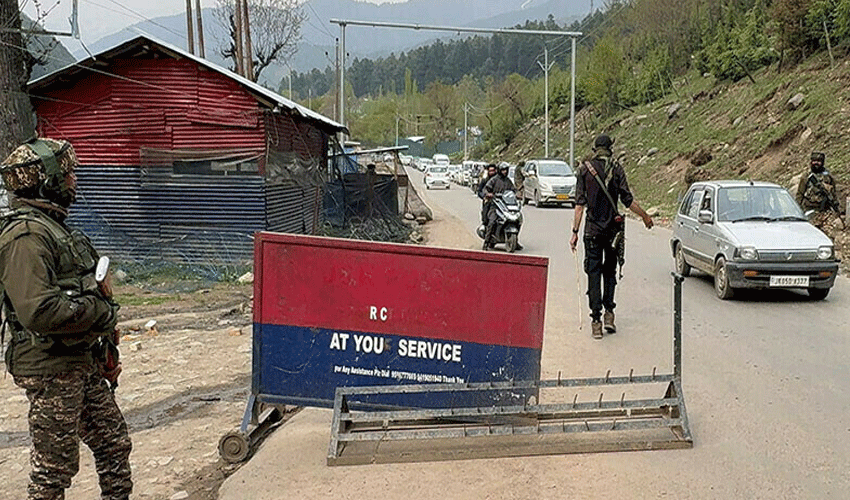Amid the grip of Taliban rule in Afghanistan, retired employees face a stark reality as their pensions abruptly cease. With over 152,000 former workers affected, the halt in pension payments plunges them into dire circumstances, struggling to meet basic needs.
The World Bank's warnings echo the severity of the Taliban regime's financial struggles, with inflation soaring to 10.2% in January 2024. Unemployment rates skyrocket, exacerbating the hardships faced by citizens already grappling with poverty.
In Kabul on April 17, 2024, retired employees take to the streets, demanding the pensions owed to them for their years of service. Heartrending accounts emerge from the protesters, highlighting the anguish of those left without a vital source of income. One retired worker laments, "I served the Afghan land for 40 years; how can I work now due to old age and disability?"
Read more: Afghanistan's economy in crisis: Taliban rule spurs decline
The Taliban's refusal to honor pension payments since seizing power in 2021 compounds the suffering of the Afghan people. With a trade deficit of $3.5 billion and financial constraints hindering pension disbursement, the plight of retired workers remains unresolved.
The repercussions of Taliban mismanagement extend beyond economic woes, driving millions to flee the country in search of refuge. According to the United Nations, over 8.2 million Afghans sought asylum in 103 different countries in 2023, seeking respite from poverty and instability.
Despite international aid pouring into Afghanistan, questions loom large over resource allocation, as the basic needs of the populace continue to go unmet. Retired employees witness their hard-earned pension funds diverted towards nefarious ends, rather than alleviating the suffering of those in need.



























